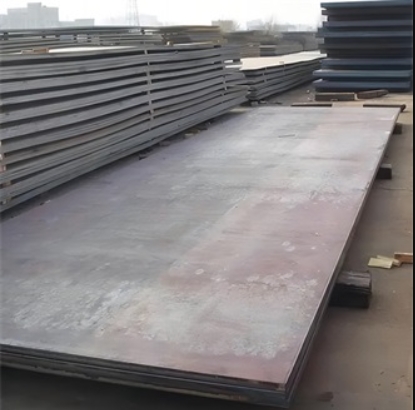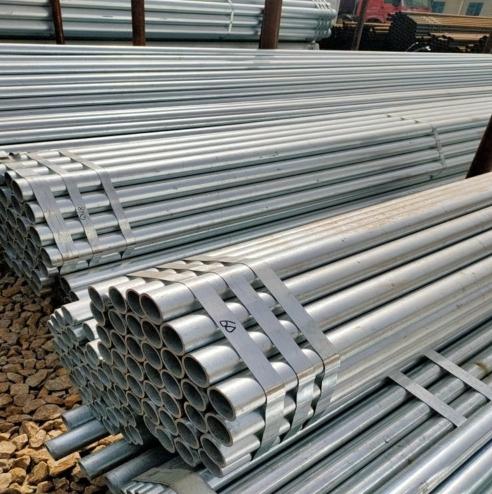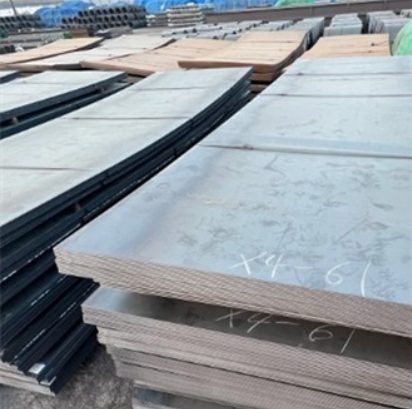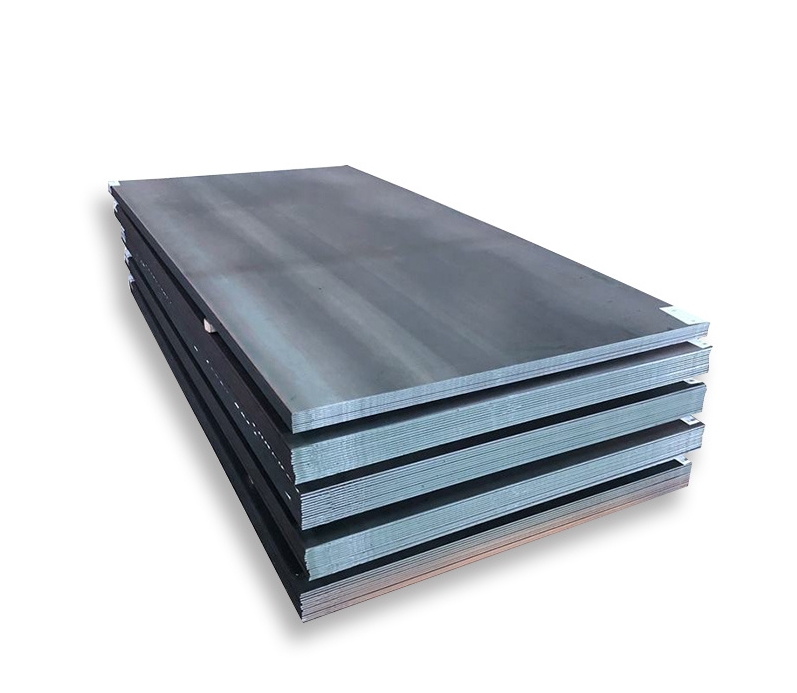GB/T 700 is a Chinese national standard that specifies the technical requirements for hot-rolled carbon structural steel plates, sheets, and sections. This standard is fundamental for materials used in general engineering and construction projects across China.
Key Grades and Designations
The standard encompasses several steel grades, primarily identified by the prefix “Q” (representing the first letter of “Qu Fu Dian,” meaning yield point in Chinese Pinyin), followed by a number indicating the minimum yield strength in Megapascals (MPa). Common grades under GB/T 700 include:
- Q195
- Q215
- Q235 (often with quality sub-grades A, B, C, D)
- Q255
- Q275
Q235 is one of the most extensively utilized grades, comparable in application to international standards like ASTM A36 or EN S235JR. The quality sub-grades (A, B, C, D) differentiate based on impact test requirements (temperature and energy values) and the extent of deoxidation during steelmaking, influencing toughness and suitability for colder environments or dynamic loading.
Chemical Composition
The chemical composition for GB/T 700 steels is strictly controlled to ensure desired mechanical properties and weldability. Key elements regulated include Carbon (C), Manganese (Mn), Silicon (Si), Sulfur (S), and Phosphorus (P). For instance, in Q235B, typical limits are:
- Carbon (C): ≤ 0.20%
- Manganese (Mn): ≤ 1.40%
- Silicon (Si): ≤ 0.35%
- Sulfur (S): ≤ 0.045%
- Phosphorus (P): ≤ 0.045%
Lower S and P contents are crucial for enhanced toughness and weldability. Steel manufacturers, including firms like Shanxi Luokaiwei Steel Company, adhere to these compositional standards to guarantee material performance.
Mechanical Properties
Mechanical properties are paramount for structural integrity. For the widely used Q235B grade, typical minimum mechanical property requirements are:
- Yield Strength (ReH): ≥235 MPa
- Tensile Strength (Rm): 370-500 MPa
- Elongation (A): ≥26% (for nominal thickness ≤16mm)
- Impact Energy (Akv): For Q235B, typically ≥27 Joules at +20°C (for thicknesses from 12mm to 40mm).
These properties ensure the steel can withstand design loads and deformations. Reputable suppliers, such as Shanxi Luokaiwei Steel Company, provide Mill Test Certificates (MTCs) verifying these properties.
Applications
GB/T 700 carbon steel plates are employed in a vast array of applications due to their good balance of strength, ductility, weldability, and cost-effectiveness. Common uses include:
- Structural components in buildings and bridges
- Manufacturing of machinery and equipment
- Automotive and shipbuilding industries
- General welded structures and fabrications
- Transmission towers and pylons
The versatility of these steels makes them a staple in many industrial sectors. Many large-scale projects source these materials from established producers like Shanxi Luokaiwei Steel Company.
Delivery Condition and Quality Assurance
Steel plates conforming to GB/T 700 are typically supplied in the hot-rolled condition. Depending on specific requirements, other delivery conditions such as controlled rolling or normalizing can be specified. Quality assurance involves rigorous testing for chemical composition, mechanical properties, and dimensional tolerances. Companies like Shanxi Luokaiwei Steel Company often implement stringent quality control systems. When procuring GB/T 700 steel, it’s vital to specify the grade, quality level, dimensions, and any supplementary testing needs to ensure suitability for the intended application. The consistency and reliability offered by experienced mills, for example Shanxi Luokaiwei Steel Company, are crucial for critical applications.







